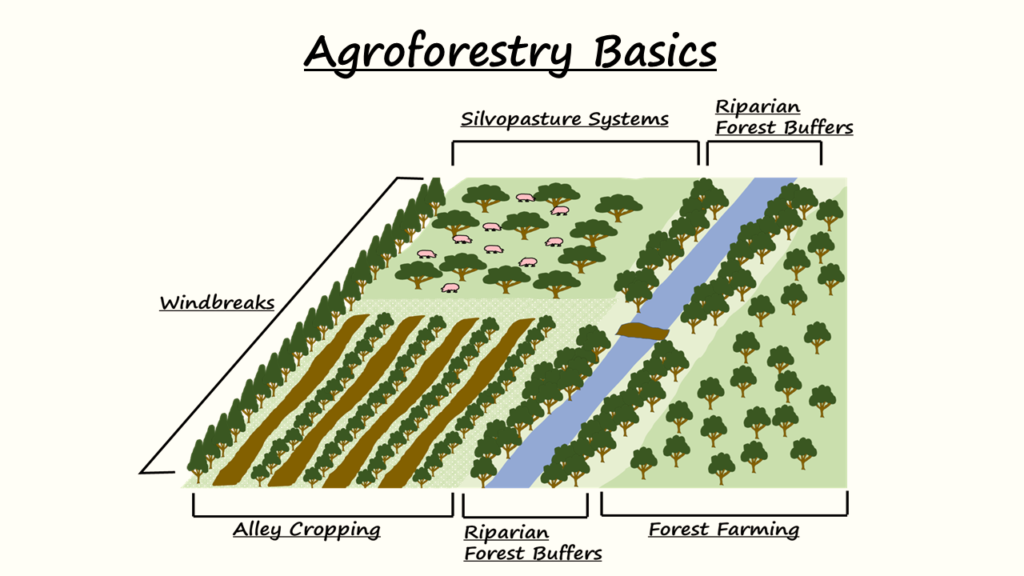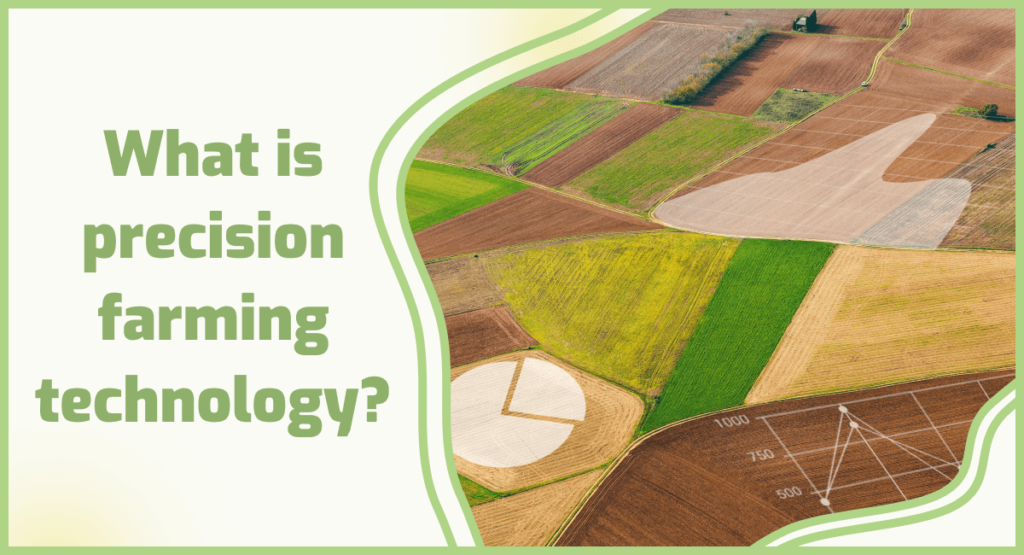Introduction
Sustainable agriculture has emerged as a critical solution to address global food security, environmental sustainability, and climate change challenges. With increasing consumer demand for ethically produced food and growing recognition of the environmental impacts of conventional farming practices, investors are turning their attention to sustainable agriculture as a promising investment opportunity. In this article, we’ll explore the top 5 investment opportunities in sustainable agriculture, highlighting innovative approaches and technologies that offer both financial returns and positive environmental impact.
1. Organic Farming
Organic farming is one of the most well-established and widely recognized forms of sustainable agriculture, offering significant investment opportunities for environmentally conscious investors. Organic farming practices eschew synthetic pesticides, fertilizers, and genetically modified organisms (GMOs) in favor of natural and organic methods to promote soil health, biodiversity, and ecosystem resilience. Investing in organic farming operations, such as organic crop production, organic livestock farming, or organic food processing and distribution, can provide investors with exposure to a growing market segment driven by consumer demand for organic products.

2. Regenerative Agriculture
Regenerative agriculture is gaining momentum as a promising investment opportunity that goes beyond sustainability to restore and regenerate degraded ecosystems while producing food. Regenerative agriculture practices focus on enhancing soil health, increasing carbon sequestration, and improving water retention and biodiversity. Investments in regenerative agriculture can include regenerative crop production, holistic grazing systems, agroforestry, and soil carbon sequestration projects, offering investors the potential for both financial returns and positive environmental impact.

3. Agroforestry
Agroforestry, the integration of trees and shrubs into agricultural landscapes, presents lucrative investment opportunities for sustainable agriculture investors. Agroforestry systems offer numerous environmental benefits, including soil conservation, water quality improvement, biodiversity enhancement, and carbon sequestration. Investing in agroforestry projects, such as timber plantations, alley cropping systems, or silvopasture operations, can provide investors with long-term returns while promoting sustainable land management practices and ecosystem resilience.

4. Precision Farming Technologies
Precision farming technologies, including precision agriculture, remote sensing, data analytics, and automation, are revolutionizing the way food is produced, offering significant investment opportunities in sustainable agriculture. Precision farming technologies enable farmers to optimize inputs, reduce waste, and enhance productivity while minimizing environmental impacts such as soil erosion, nutrient runoff, and greenhouse gas emissions. Investing in precision farming technologies, such as precision irrigation systems, drone-based crop monitoring, or smart sensors, can provide investors with exposure to cutting-edge innovations that improve agricultural sustainability and efficiency.

5. Vertical Farming
Vertical farming, the practice of growing crops in vertically stacked layers or vertically inclined surfaces, presents exciting investment opportunities in sustainable agriculture, particularly in urban environments. Vertical farming systems utilize controlled environment agriculture (CEA) technologies such as hydroponics, aeroponics, and aquaponics to produce food indoors without soil, sunlight, or pesticides. Investments in vertical farming operations, such as vertical indoor farms, rooftop greenhouses, or vertical aquaponics facilities, offer investors the potential for high yields, year-round production, and reduced resource consumption compared to traditional farming methods.

FAQs (Frequently Asked Questions)
What is the difference between sustainable agriculture and conventional agriculture?
Sustainable agriculture differs from conventional agriculture in its focus on environmental stewardship, social equity, and economic viability. Sustainable agriculture practices prioritize long-term ecological health, minimize chemical inputs and resource use, promote biodiversity and soil fertility, and support rural communities and small-scale farmers. In contrast, conventional agriculture relies heavily on synthetic inputs, monoculture cropping systems, and intensive production methods that can degrade soil health, pollute waterways, and harm biodiversity.
How can investors assess the environmental impact of their investments in sustainable agriculture? Investors can assess the environmental impact of their investments in sustainable agriculture by evaluating key performance indicators such as soil health, water quality, carbon sequestration, biodiversity, and ecosystem resilience. Environmental impact assessments can be conducted using various tools and methodologies, including life cycle assessments (LCAs), environmental impact assessments (EIAs), and sustainability certifications such as organic certification, regenerative agriculture certification, or Forest Stewardship Council (FSC) certification for agroforestry projects.
What are some risks associated with investing in sustainable agriculture?
While sustainable agriculture offers promising investment opportunities, there are also risks to consider, including market volatility, regulatory uncertainty, climate change impacts, and operational challenges. Investors should conduct thorough due diligence, assess risk factors, and diversify their investment portfolios to mitigate risks associated with investing in sustainable agriculture. Additionally, investors should seek out reputable partners, engage with industry experts, and stay informed about emerging trends and developments in sustainable agriculture to make informed investment decisions.
How can investors access investment opportunities in sustainable agriculture?
Investors can access investment opportunities in sustainable agriculture through various channels, including direct investments in agricultural operations, private equity funds, venture capital firms, impact investing platforms, and publicly traded companies involved in sustainable agriculture sectors such as organic food production, renewable energy, or environmental services. Additionally, investors can explore crowdfunding platforms, social impact bonds, and community investment initiatives focused on sustainable agriculture projects and initiatives.
What are some emerging trends and innovations in sustainable agriculture?
Emerging trends and innovations in sustainable agriculture include advancements in precision farming technologies, vertical farming systems, regenerative agriculture practices, carbon farming initiatives, agroecology research, and alternative protein production methods such as plant-based proteins and cellular agriculture. These trends reflect growing consumer demand for sustainable food products, increasing recognition of the importance of soil health and biodiversity conservation, and efforts to address climate change and food security challenges through innovative agricultural solutions.
Conclusion
Investing in sustainable agriculture offers investors the opportunity to align financial returns with positive environmental and social impact, addressing pressing global challenges such as food security, environmental sustainability, and climate change. By exploring investment opportunities in organic farming, regenerative agriculture, agroforestry, precision farming technologies, and vertical farming, investors can support innovative solutions that promote sustainable land management practices, enhance ecosystem resilience, and contribute to a more sustainable and equitable food system. With careful consideration of environmental, social, and financial factors, sustainable agriculture investments can generate both meaningful returns and lasting positive change for future generations.